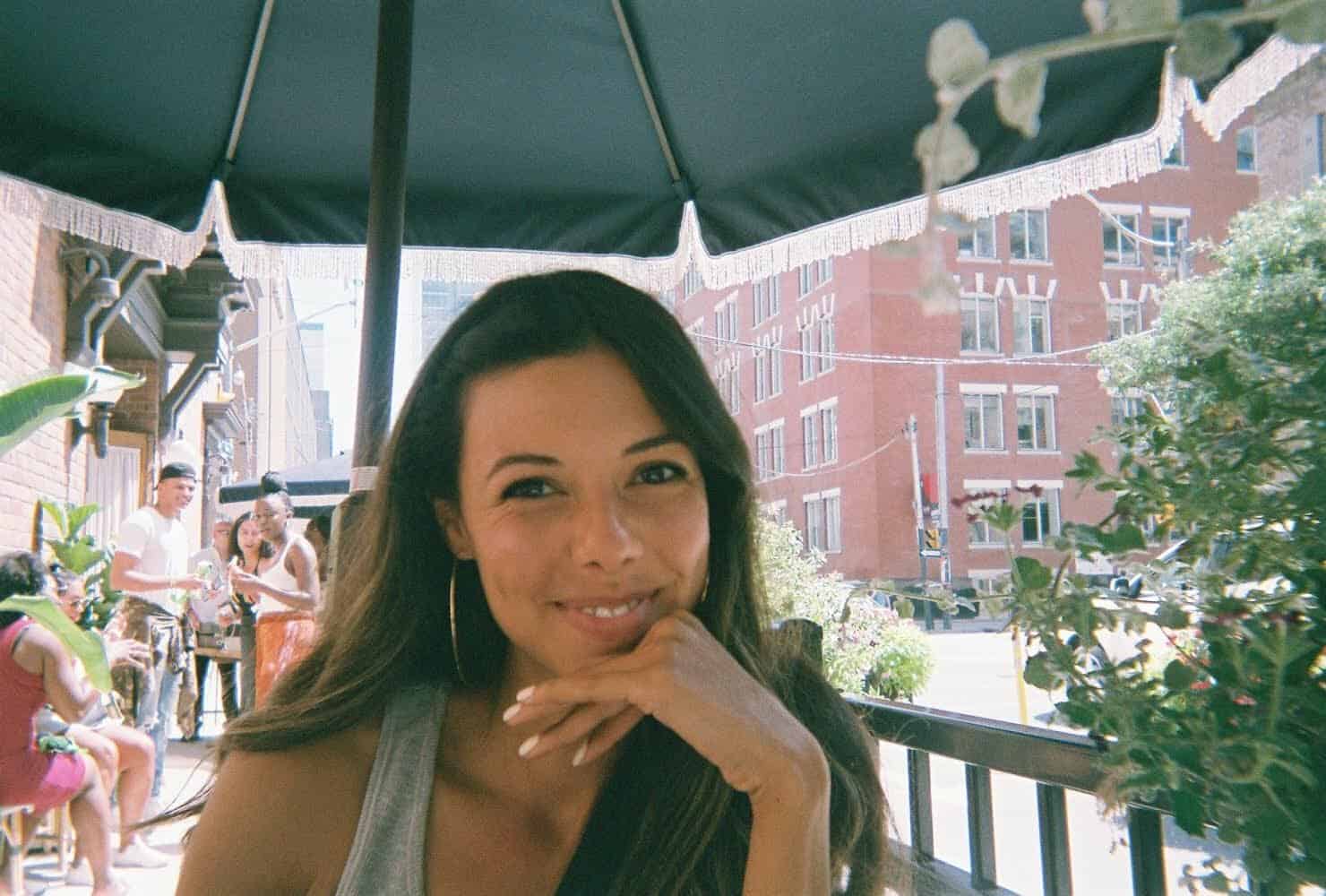When did you stop drinking?
I’ve been sober since September 11, 2016.
How did you stop drinking?
I stopped drinking by working closely with another person in recovery and attending a 12 step meeting weekly.
What does your recovery look like today?
Today, my recovery looks much the same as it did in the early days. I attend a twelve step group at least once per week and stay in close contact with a sober friend, who is also my mentor. I prioritize living my life honestly, and stay sober one day at a time with a close community around me to remind me why I made this choice.
What was a major discovery you made during the early days (months) of your recovery?
I think the biggest breakthrough for me was seeing other people who had chosen a life of recovery. I really didn’t realize there was a whole worldwide community of people living their lives sober. I’d always thought drinking was the way to celebrate, to mourn, to be social and create connection. Finding other people who lived full lives without alcohol was so inspiring to me and gave me hope that maybe I could do the same.
What have you discovered more recently?
More recently, I’ve discovered that once I cut the drinking out, the ways of thinking and emotions that I might have tried to drink over were still very much there. It’s this rawness of having to really face whatever I’m feeling without any buffer between myself and the emotion. That awareness has shown me that I need to find ways to cope with and hold my feelings that are healthy for me like writing, talking to a friend, good music, being in nature, exercise, meditation, yoga etc.
When someone asks you why you don’t drink, how do you respond?
It really depends on the situation for me. If I think the person is asking because they have a concern about their own drinking and my experience might help them, I’ll be more vulnerable about what I share. I might tell them drinking was affecting my life negatively, or playing a role in my life that made me unhappy.
In other instances, I’ll just say it’s a preference for me. I just prefer not drinking. At this point both answers are true. I have to trust my gut about what to share, with whom and when.
What does fun look like you today?
So many things. Fun to me looks like sitting across from a girlfriend at brunch or dinner and catching up on life, art galleries, vintage shopping or just walking the streets of the city with my boyfriend, travelling, Saturday morning coffee with my mom, belly laughing with my brother and sister. So many things.
Fun to me looks authentic, is always accompanied by laughter and never ends in a hangover (bonus!).
What do you want to say to the woman still struggling?
I feel you. My God do I feel you. I know the darkness it can create, the sense of hopelessness. I know how difficult it is to shift behaviour, to see a way of living that’s different from your friends—different from most of society.
I have been in that place where I tried to get sober and failed; where I tried to drink less, or desperately tried to limit the number of drinks I would have. Inevitably, I’d always end up at a party, on a date, or find an excuse to do things the way I’d been doing; which always resulted in a hangover and more hopelessness. I know the hamster wheel—that story isn’t unique.
What I know today is that there is a way to find recovery and relief through introspection and community. There’s another way. I didn’t used to believe it, but I promise it exists!
What stigma do you think needs to be smashed?
I think the depiction of addiction in the media is really misleading when in reality there is no archetype for addiction, it doesn’t discriminate. If we could stop blaming addicts and judging people for their addictions I think we could save a lot of people a lot of pain.
It’s scary to face a problem when the perception of it is so negative. Addiction is rampant and it’s difficult enough without a stigma surrounding it. I think the more honest conversations we can have about addiction, the better. We’ve all been touched by it in some way and we need to be honest about its impact in order to make a difference.
What’s the greatest gift that sobriety has given you?
Peace. I don’t have to think anymore about how much to drink, if I’ll drink, if tonight will screw up my ability to show up as a partner, a daughter, a sister or a friend tomorrow. I don’t have to regret anything I said yesterday. I get the peace of being able to show up as my authentic self in any situation without any social lubrication. That’s a huge gift in my opinion. I’m grateful for my sobriety every day.
In our ongoing Womxn + Alcohol series, we will be interviewing dozens of Canadians who stopped drinking to improve their mental health. In sharing a diverse range of stories, we hope to shed light on how very broad the alcohol-use disorder spectrum is. Find out more here.




 Follow Us On Instagram
Follow Us On Instagram
